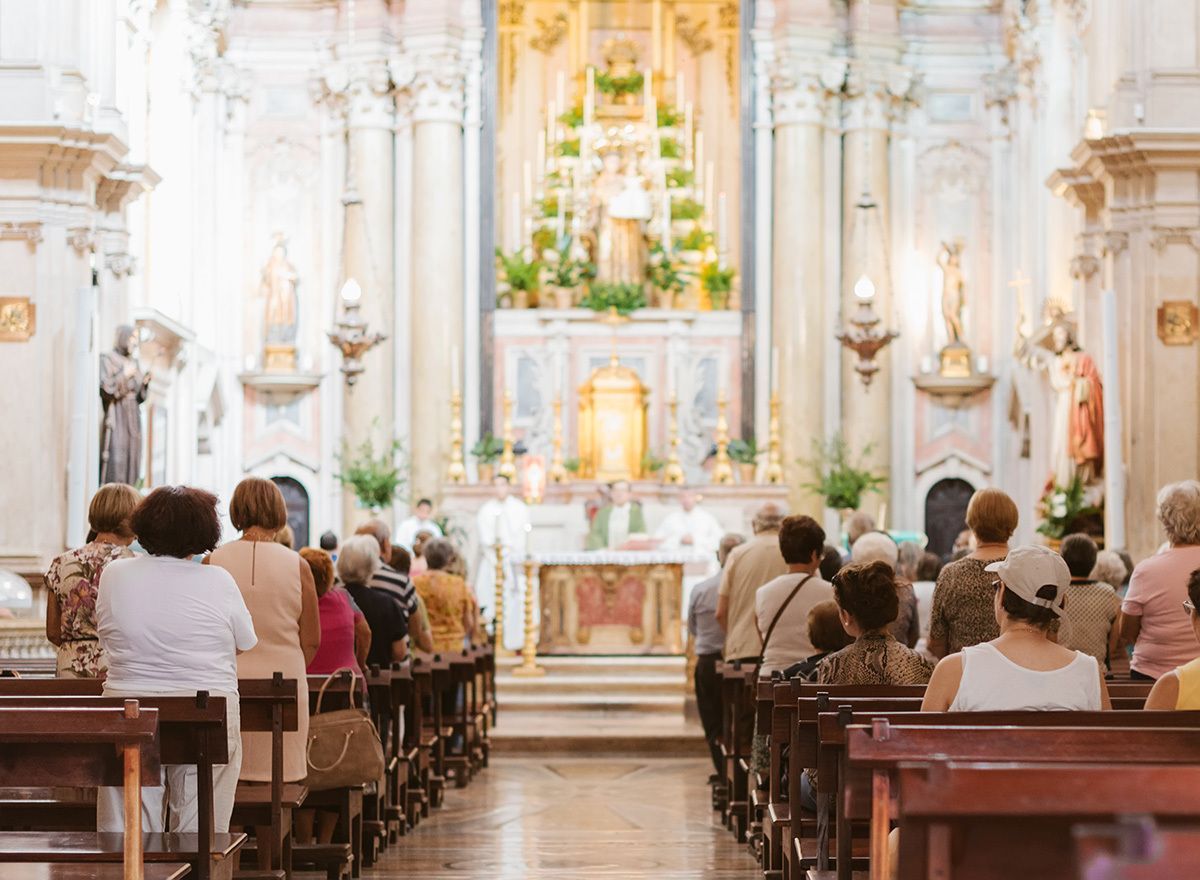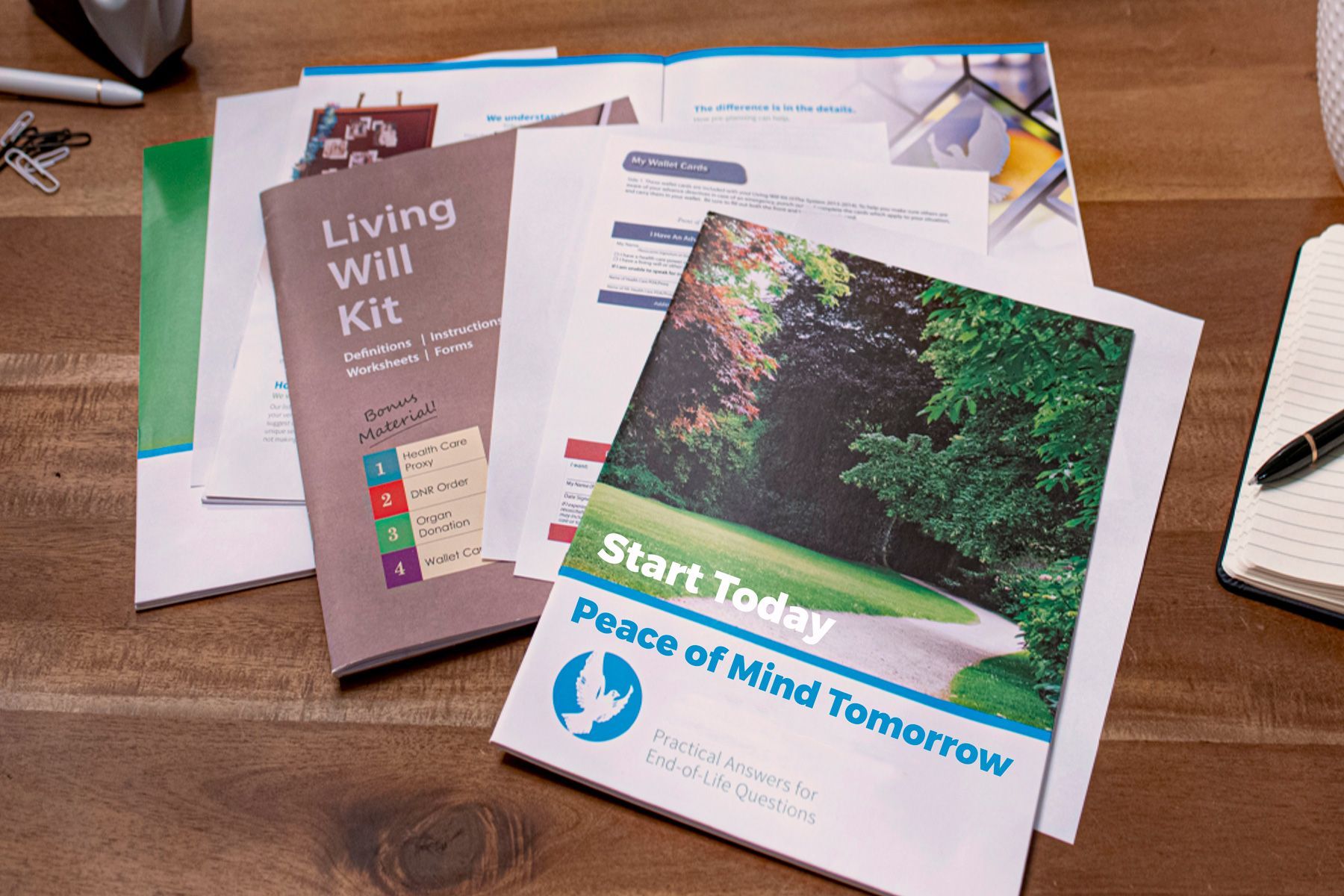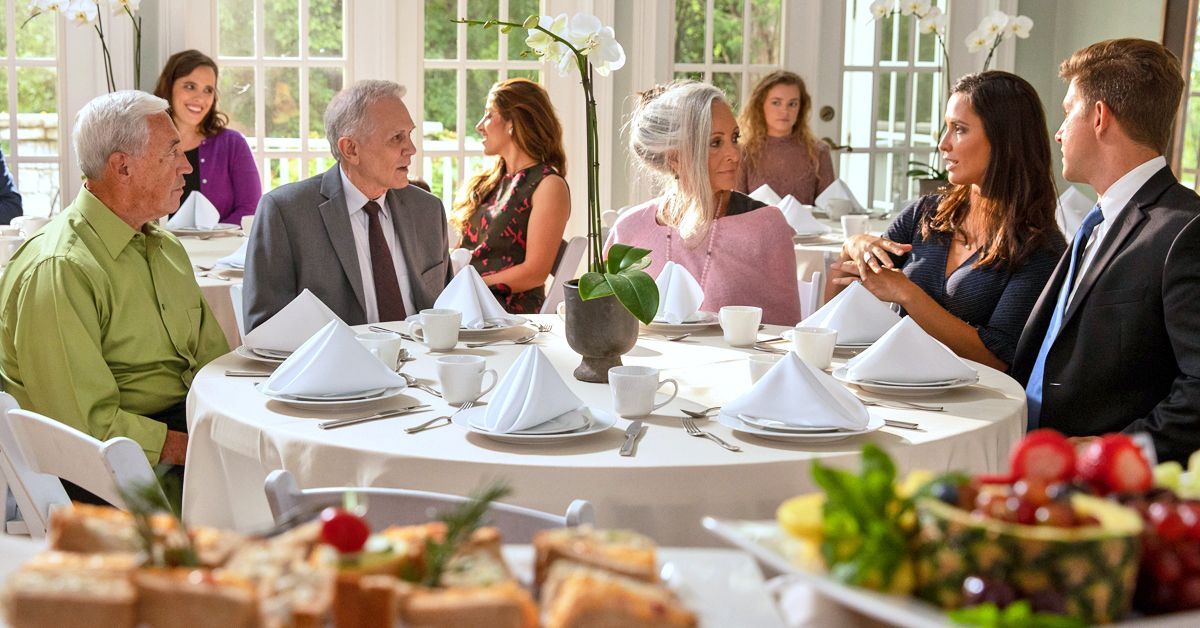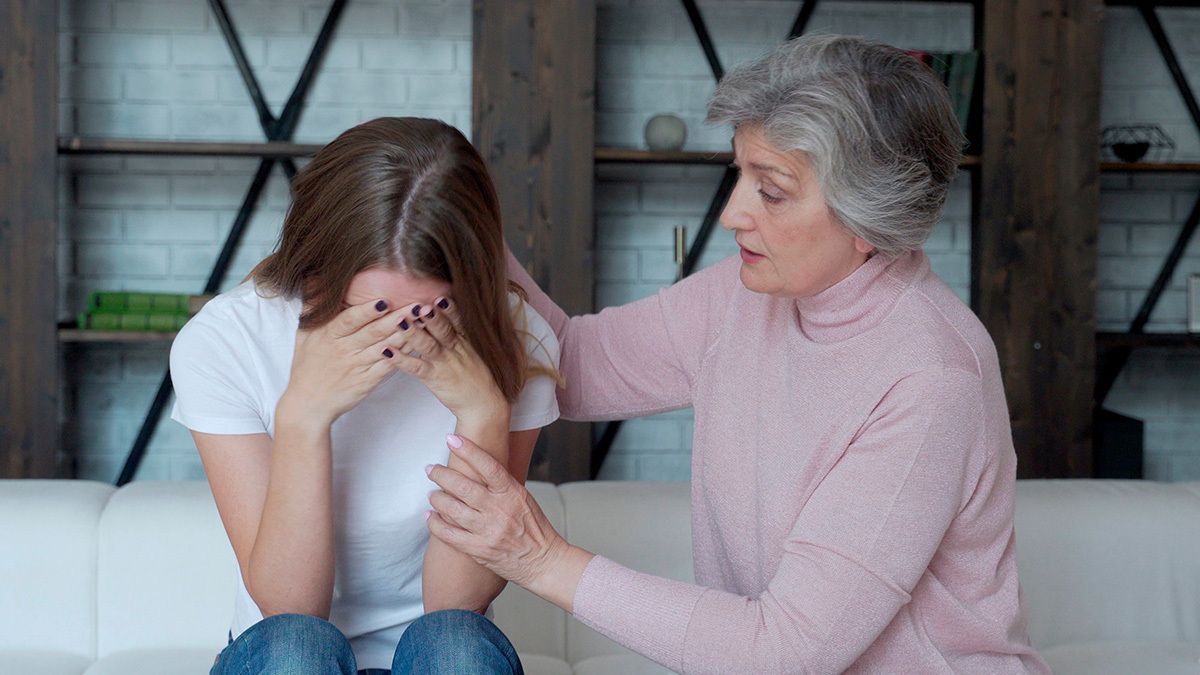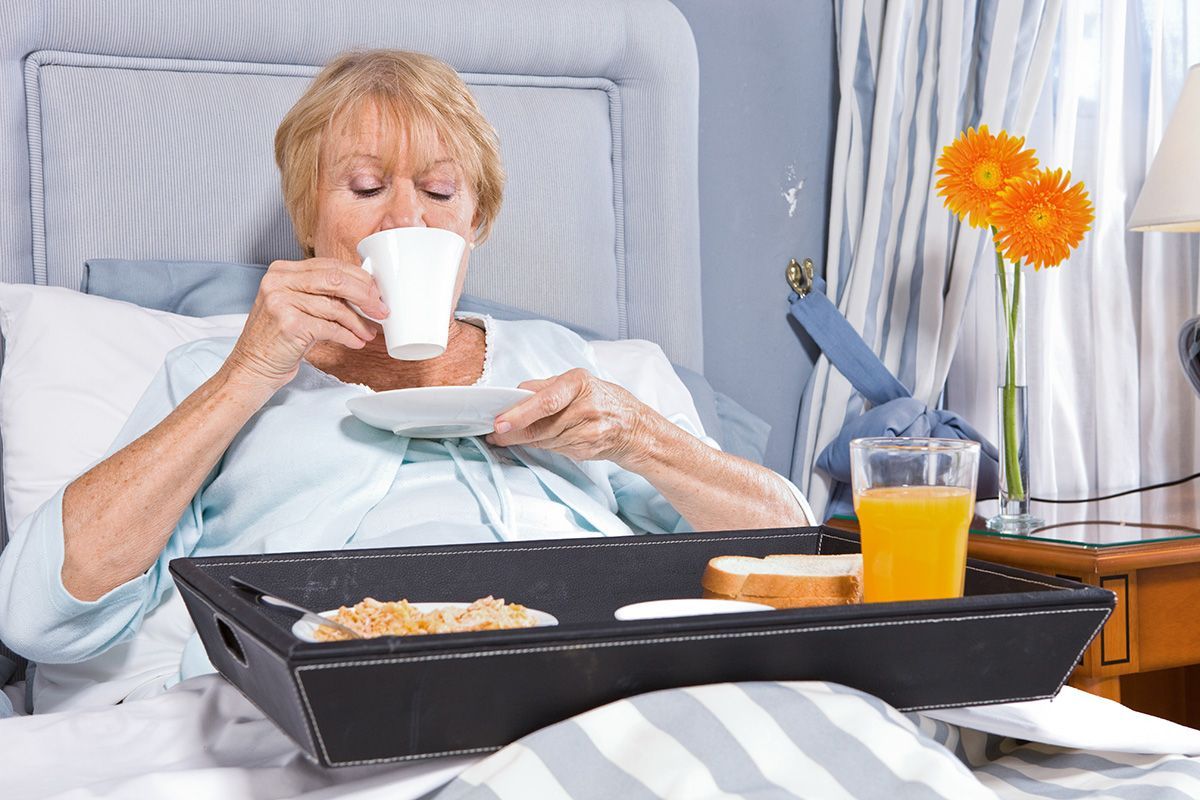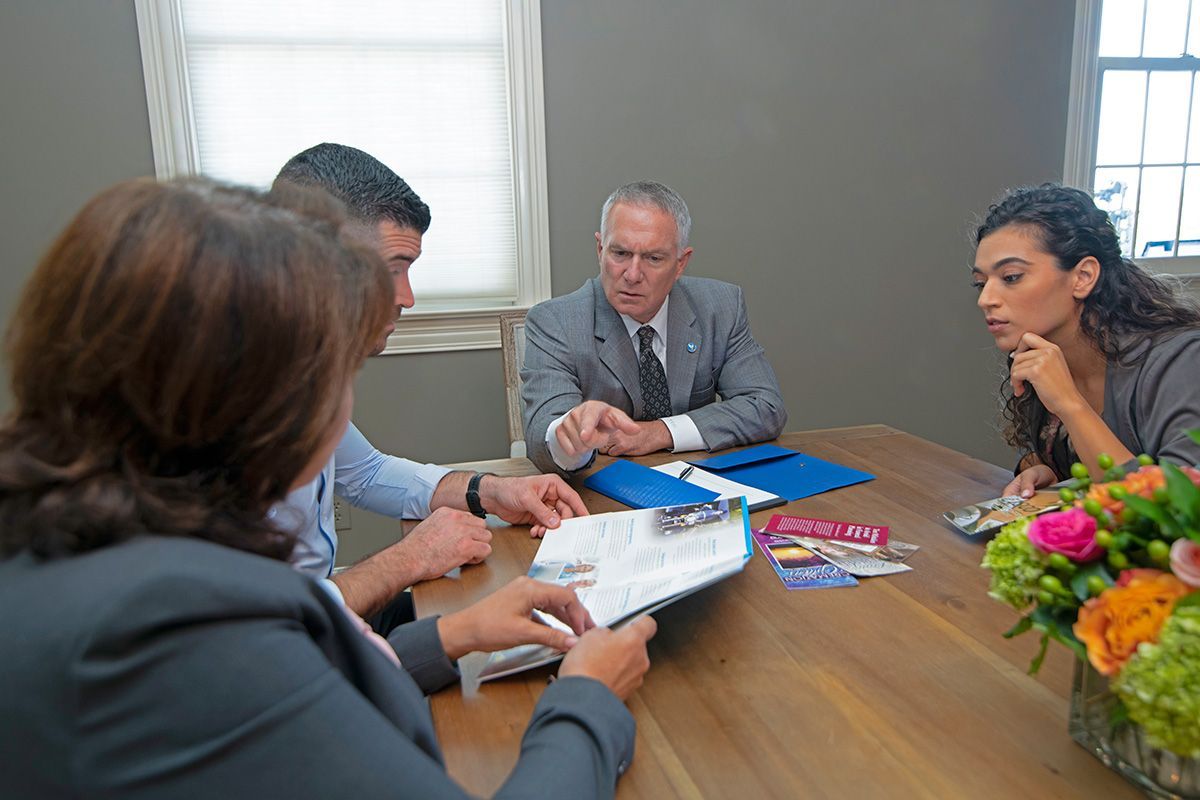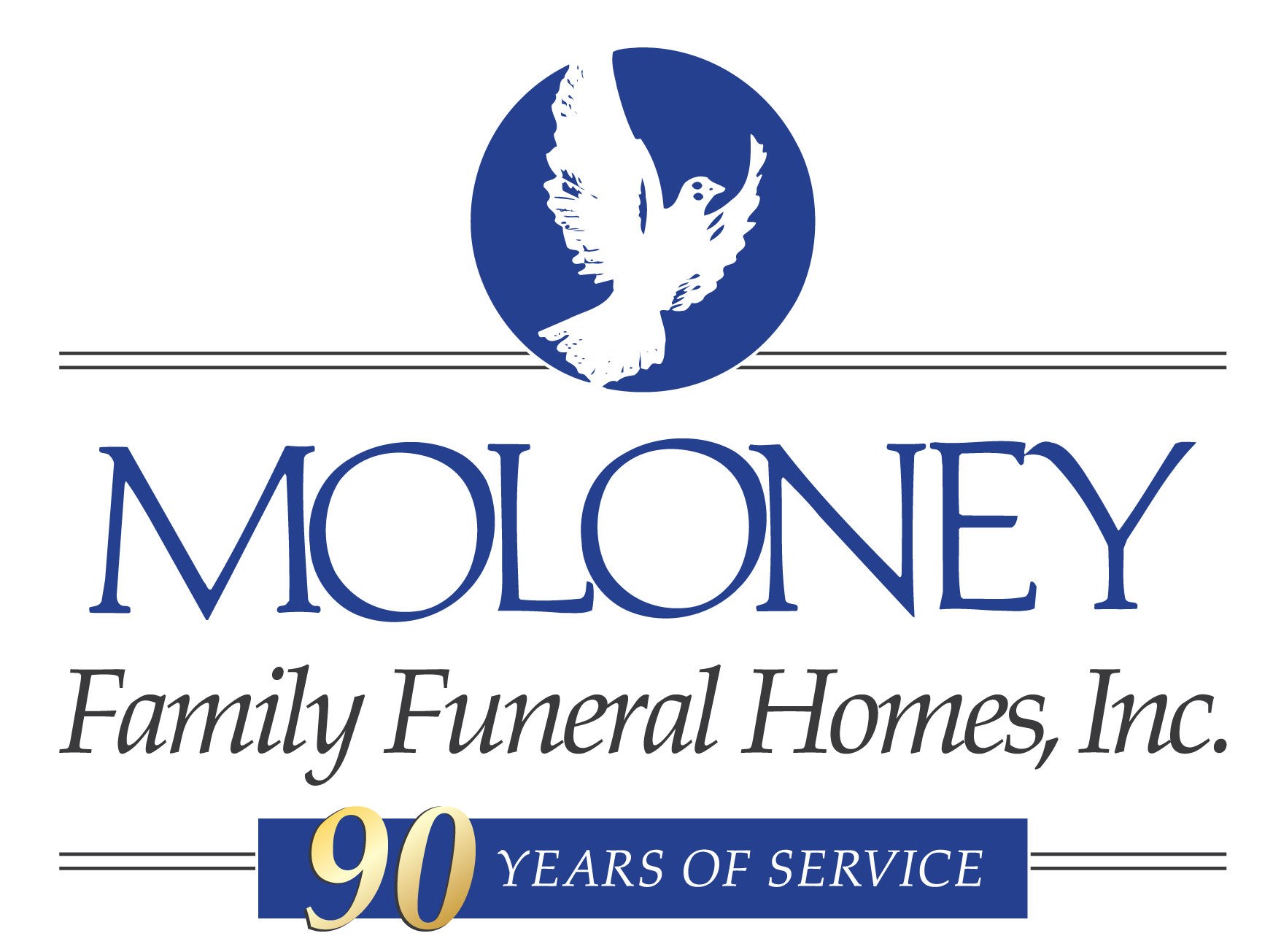Surprising Emotions You May Feel After a Loved One’s Death
When our caring team at Moloney Family Funeral Homes sits down to plan a funeral with a family who has recently lost a loved one , we’ll often hear comments like these:
“I can’t believe he’s gone. Last week he was alive, life was normal, and now . . . everything has changed.”
“If only I’d insisted she go see her doctor sooner, this could have been prevented. My instincts told me to act and instead I went on with my day as usual. I don’t know if I’ll ever move past the guilt.”
“I feel like I’ve been cut in two. He’s been by my side for decades. Now what?”
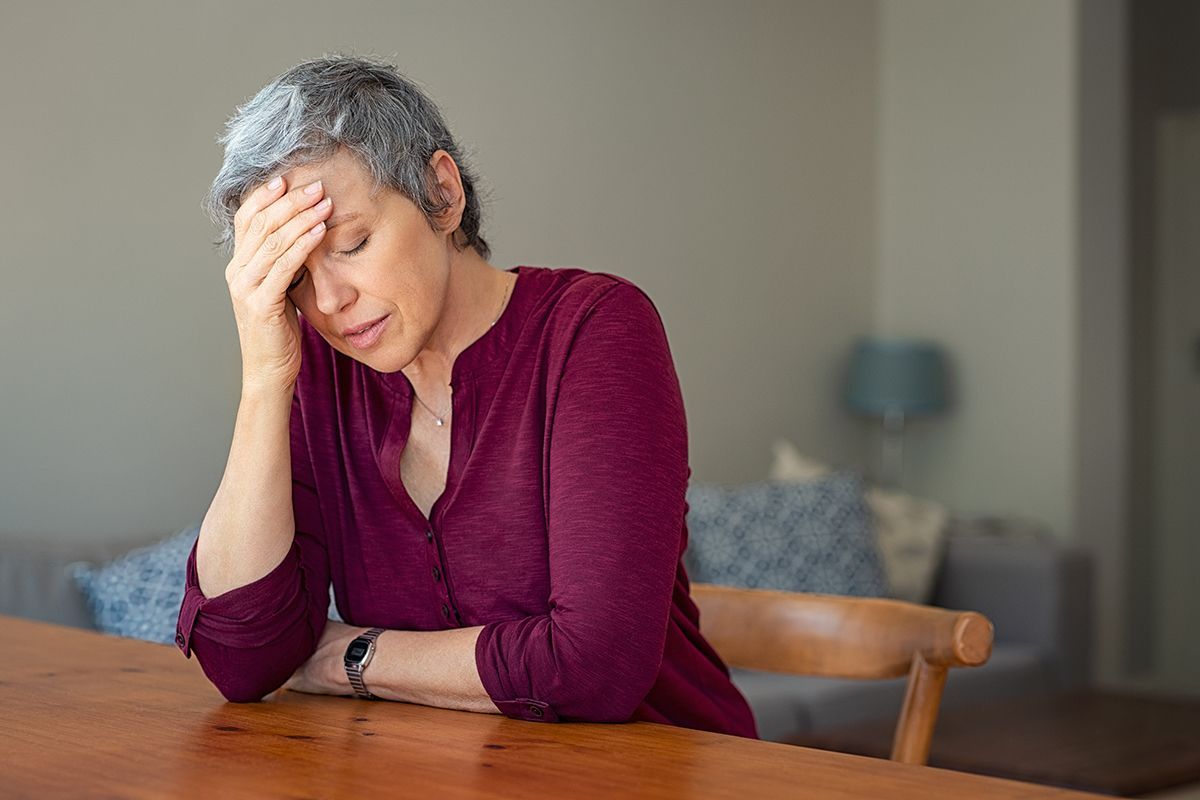 The grief
and pain that arrives when a loved one dies is often deep and intense – and everyone experiences it differently. We see this through our work helping our neighbors in Lake Ronkonkoma
, Holbrook
, Central Islip
, and Port Jefferson Station. There are emotions those left behind expect to feel – sadness and loneliness, for example – but there are many other emotions that creep in without warning.
The grief
and pain that arrives when a loved one dies is often deep and intense – and everyone experiences it differently. We see this through our work helping our neighbors in Lake Ronkonkoma
, Holbrook
, Central Islip
, and Port Jefferson Station. There are emotions those left behind expect to feel – sadness and loneliness, for example – but there are many other emotions that creep in without warning.
We want you to know this is a normal part of the grieving process. These feelings come on because you cared for the person who died and their absence creates a hole you can never replace. Here are examples of other emotions many experience unexpectedly after a loss.
Anger. Those who are grieving may feel angry with themselves, their family, medical personnel, the situation itself, God, or even the person who died. There are questions like, “Why would God allow this to happen?” “What will I do now that all my plans for the future are upended?” “How will I cope without this person in my life?” Death is not fair and we have no control over it. We try to make sense of what happened, which often leads to feelings of anger and accompanying emotions like resentment and envy.
Restlessness. Many who are grieving wake up in the morning and are quickly hit with the reality that their loved one is gone. Throughout the day, they may have difficulty concentrating, feel aimless, low energy, and as if they’re waiting for something to happen – but aren’t sure what.
Physical Symptoms. Grief can sometimes manifest itself through unexpected physical symptoms. Some people may experience extreme fatigue, nausea, chest pain, or headaches. Always make sure to reach out to a medical professional if you are experiencing any health concerns, as grief can exacerbate pre-existing conditions as well.
Shock. Do you find yourself unable to face the reality of your loss? Or maybe you feel numb and cannot believe your loved one isn’t coming back. It’s normal to feel disoriented as you try to make sense of how life will look without this special person in it.
Guilt. This can come in many forms. If you had a difficult or confusing relationship with the person who died, you may have regrets about things you said or did when they were alive. Maybe you feel you had a role in their death whether directly or indirectly or that you could have done more to help the situation.
When we are weighed down by painful emotions, it is easy to feel guilty about “dumping” our sadness onto someone else. That’s why many so people find it helpful to rely upon the support of a therapist or faith leader to share what they are experiencing. While it’s okay to take time to feel sad or to sit with your emotions, you have to remember to take care of yourself.
Whether you have lost a spouse, friend, sibling or parent, let our staff provide valuable information on how to carry on. At Moloney Family Funeral Homes , we are here for you before, during and long after the funeral. Please take time to explore our aftercare resources , and remember that you can reach out to us anytime.
The post Surprising Emotions You May Feel After a Loved One’s Death appeared first on Moloney Family Funeral Homes.
